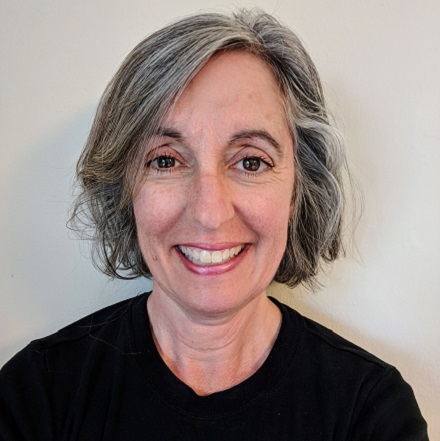
Press Release
Population-Level Study from PHI’s Tracking CA Reveals Gaps in Monitoring Health of People with Sickle Cell Trait
-
Issues
Population Health -
Expertise
Research – Surveillance -
Programs
Tracking California

Oakland, CA — A new population-based study conducted by the Public Health Institute’s Tracking California program and published in Public Health Reports, the official journal of the U.S. Surgeon General and the U.S. Public Health Service, reveals that people born with sickle cell trait (SCT), the carrier status for sickle cell disease, may face underrecognized health risks—especially in childhood—and underscores the need for public health surveillance and research for SCT.
The study, “Cohort Tracking of Sickle Cell Trait–Positive Births Identified by Newborn Screening, California, 1991–2013: Public Health Surveillance for Sickle Cell Trait,” examined newborn screening data from more than 94,000 Californians identified with SCT at birth between 1991 and 2013, and mortality records linked to these data. It is believed to be the first effort in the U.S. to use population-based data to examine long-term health outcomes for people with SCT.
The study compared SCT-positive individuals with nearly 283,000 matched peers without SCT. While overall death rates were low across both groups (0.7%), the analysis found that children with SCT had significantly higher mortality rates in early and middle childhood.
The study found that:
- Children with SCT aged 1 to 4 years had a 44% higher risk of death than matched controls (P < .001).
- Those aged 5 to 14 had a 48% higher risk of death (P = .005).
- Deaths due to respiratory causes were modestly higher among individuals with SCT.

These results highlight what we don’t know about sickle cell trait. Despite more than 90,000 newborns identified with SCT during the study period, there is no structured follow-up or surveillance system in place. That gap limits our understanding and the ability to provide evidence-based guidance to families and providers.Susan Paulukonis, MA, MPH
Principal Investigator, California Sickle Cell Data Collection Program (an initiative of Tracking California), Public Health Institute
SCT is typically thought to be a benign condition. However, evidence continues to emerge linking SCT to a range of potential health complications, particularly under extreme physical stress, in surgical settings, and during childhood. The study calls for expanded data infrastructure and sustained monitoring of SCT-positive individuals to guide counseling, care and policy.
The authors propose that other states could replicate the methodology using existing public health datasets, offering a feasible path forward to establish SCT surveillance nationwide.
The study was led by Susan T. Paulukonis, MPH, a public health researcher with expertise in rare disease surveillance and data systems, with support from Sophia Horiuchi, MPH; Tomia Austin, DrPH, MPH; and Elliott P. Vichinsky, MD.
###
Tracking California works to make environmental health data and information publicly available through the development of a web-based data query system, state-of-the-art data displays, and innovative web tools and services. Tracking California is a program of the Public Health Institute, in partnership with the California Department of Public Health and the Centers for Disease Control’s (CDC) National Environmental Public Health Tracking Program.
More Updates
Work With Us
You change the world. We do the rest. Explore fiscal sponsorship at PHI.
Support Us
Together, we can accelerate our response to public health’s most critical issues.
Find Employment
Begin your career at the Public Health Institute.



